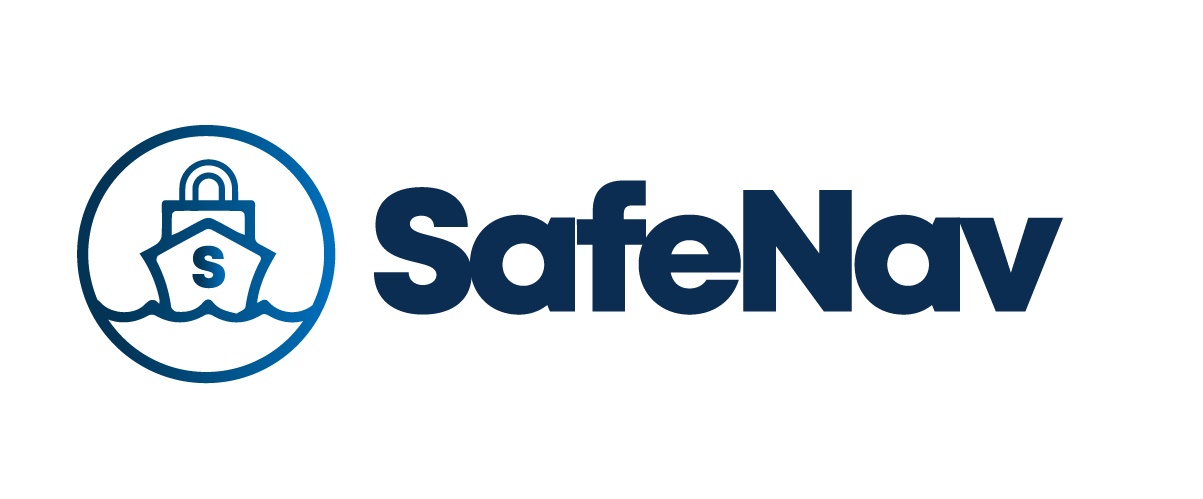The SafeNav (Safer Navigation) maritime safety project, co-funded by the European Commission and UK Research and Innovation (UKRI), was officially launched on Thursday 1 September.
The EUR 8m project aims to beat a path towards safer and more secure bridge navigation today while moving towards tomorrow's world of remote operations and autonomous shipping.

SafeNav inventor Captain Jorgen Grindevoll (Photo: Ladar Ltd)
Collision prevention solution
“The ambition and objective of the project is to develop and test a highly innovative collision-prevention solution that will significantly reduce the probability of collisions and groundings, thereby enhancing safer navigation for existing vessels and the new generation of ships designed for remote operations and autonomy in the future,” said SafeNav inventor Capt. Jorgen Grindevoll.
“The SafeNav project is an exciting opportunity to make a major contribution to the maritime sector. With the support of a strong consortium, the next few years will be full of dynamic collaboration and hands-on research and development to tackle the issue of navigational accidents at sea with an innovative digital solution,” said Capt. Lance Savaria, Head of Projects at Offshore Monitoring Ltd (OSM), which will oversee management, coordination and overall technical development of the three-year project.
Pioneering technology
The system will consist of a module for automated collision prevention and avoidance, complemented by a decision-support module providing an effective visual representation for navigators of multi-source data harvested from state-of-the-art sensors and other relevant sources.
At the heart of the SafeNav solution is consortium partner
Ladar Ltd's cutting-edge technology LadarTM Sensor Suite technology, which uses an innovative combination of sensors and cameras to detect, classify and track objects/targets, as well as partially submerged objects, in the vessel’s path. Studies will also be carried out on how to avoid collisions with marine mammals.
Global Maritime Services Ltd, headed by Capt. Igor Toncic, are the marine advisors/ navigation experts that are in charge of the user-requierments and that SafeNav will be the solution that will drastically improve the way navigation is done today. GMS is also ensuring that SafeNav will be easily adapted to the way of "remote navigating/operating the ships in the near future".
Consortium member
SAYFR will address the root causes of accidents, human behavior on the bridge (navigators) and develop a navigation risk model.
Robust project line-up
In addition to Ladar Ltd (UK), SAYFR (Norway) and Offshore Monitoring Ltd (Cyprus), the SafeNav consortium comprises a geographically diverse and technically robust group of key partners, including maritime companies Naval Group subsidiary Sirehna (France) and Danaos Shipping Co (Greece) and innovation-oriented SMEs include Global Maritime Services (UK) as marine advisors and Greenov-ITES (France) taking care of the environmental scope. R&D institutes and universities that will participate in the technical development of algorithms for SafeNav include Interuniversitair Micro-Electronica Centrum (IMEC) in Belgium, University of Rijeka (UNIRI) in Croatia and the University of Genova (UNIGE) in Italy.
SafeNav has also received co-funding from the European Commission Foundation Programme, and UK Research and Innovation, under Project No 10038866.
The opinions expressed herein are the author's and not necessarily those of The Xinde Marine News.
Please Contact Us at:
media@xindemarine.com



 Ningbo Containerized Freight Index Weekly Commentar
Ningbo Containerized Freight Index Weekly Commentar  Ningbo Containerized Freight Index Weekly Commentar
Ningbo Containerized Freight Index Weekly Commentar  Ningbo Containerized Freight Index Weekly Commentar
Ningbo Containerized Freight Index Weekly Commentar  BIMCO Shipping Number of the Week: Bulker newbuildi
BIMCO Shipping Number of the Week: Bulker newbuildi  Ningbo Containerized Freight Index Weekly Commentar
Ningbo Containerized Freight Index Weekly Commentar  Ningbo Containerized Freight Index Weekly Commentar
Ningbo Containerized Freight Index Weekly Commentar